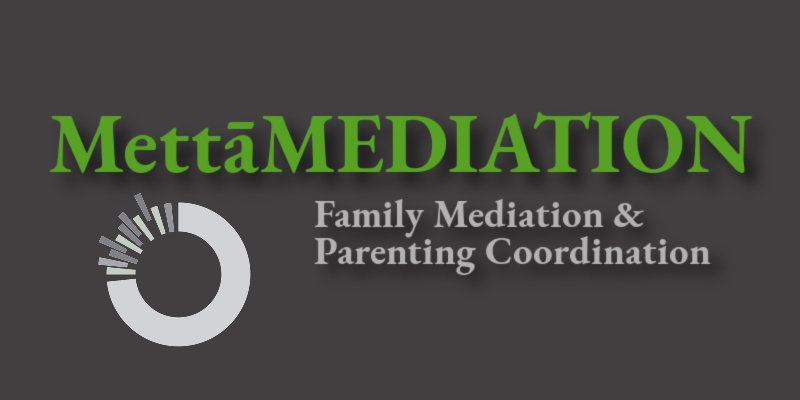The idea of family mediation does not have to be overwhelming
You are separated, emotionally frayed, scared about the future, fearing the unknown and disappointed at the end of what promised to be a life-long relationship. Now the other party is proposing family mediation. You can’t even wrap your mind around the idea of tomorrow, never mind preparing to have a dialogue with your ex about all of the issues that come with separation. That conversation will be painful and difficult. You are feeling overwhelmed. So should you give up on the idea?
Here are some points for you to consider:
Family mediation is a voluntary process – in other words, you do not have to participate if you do not want to but there may be good reasons why you might. Read on.
Family mediation is a modality of negotiations that gives you and the other party a chance to create arrangements, both short and long-term, that are best for both of you and importantly, for your children. As this type of negotiation involves a dialogue, either directly or through the mediator, parties have a chance to really say what is important to them and why. This is often essential to arriving at an agreement.
In designing the sessions and how they unfold, a skilled family mediation will take into account the reality of strong feelings that often come with separation. Tears and even angry words are not uncommon – all of this is moderated by the mediator so that the dialogue is productive but each party is able to express their emotions.
Statistics tell us that agreements reached through mediation have a better chance of being long-lasting than arrangements imposed by the Court. That is because the parties actively participate in making such mediated arrangements.
Family mediation does not unfold based on any script. It is a flexible, malleable process that can be tailored and adjusted to meet both parties’ needs. Its pace is dictated not by some invisible clock but by the individual couple, and their ability to work through the issues on the table. Here, each party’s unique communication style and emotional needs are taken into account. Again, because the process is voluntary, no one can be “rushed” to make decisions.
A skilled mediator will guide you in your preparations for the mediation in general, and for each session in particular. I frequently suggest to the parties, at the initial session, what documentation we will need to review to tackle the issues, and what “homework” each should complete before our next meeting. You are not expected to have all the answers, all the documents, from the very start. Thinking you do can be overwhelming. Family mediation unfolds at the right pace for each couple and often, we build on information shared so that we can come up with creative, reasonable, and long-lasting solutions to the dispute.
When it comes to scheduling, for consideration are only the availability of both parties and the mediator. When you go to Court, you also have to take into account the availability of court dates that are generally speaking harder to come by. In court, you will experience far greater delay in addressing the issues arising out of your separation.
No, you do not have to go to family mediation but there are many good reasons why you might want to. For more information, contact Carolyn and she will answer any questions you may have.
©AJJakubowska

